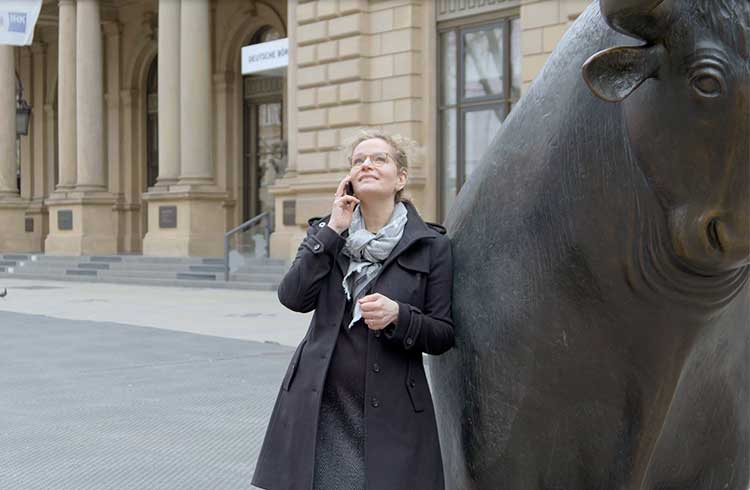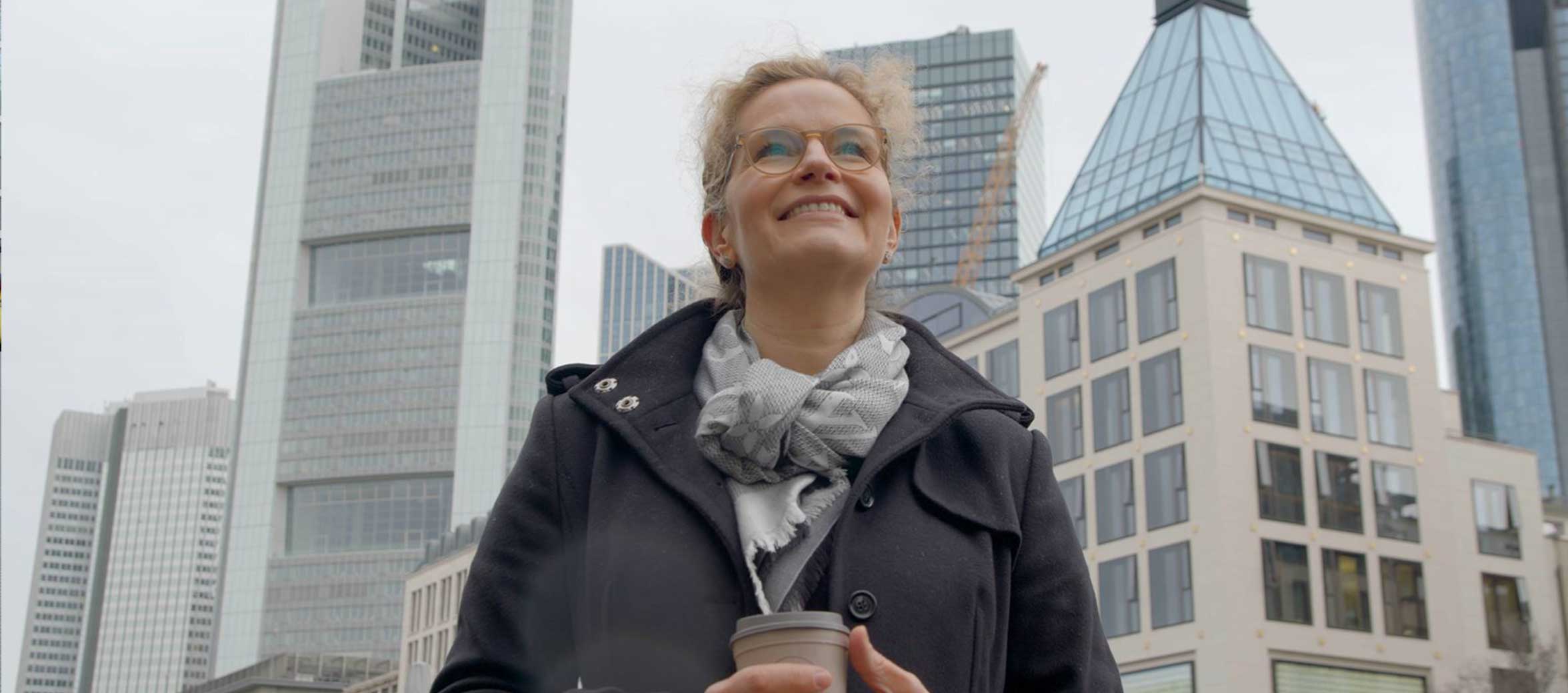Traditional or modern - what is the typical distribution of roles within an English family?
In our family, we have a fairly normal and equal distribution of roles. In my life, both my biological and stepfather would always do the cooking and so I have always taken a lead in making our meals from scratch. Although my wife is fantastic at baking!
She tends to do all the washing, and I tend to do all the house maintenance. I put the kids to bed and take them to nursery in the morning. We have a dishwasher that we both load and unload! I look forward to the day our children can do some of these things with us. I feel strongly that my daughter and son should grow up with the confidence to fix items and maintain the home, change fuses, wire plugs, fill holes etc.
I feel like the stereotypes of the division of labour has changed. We see it in our advertising. But I still think that there is an inherent bias toward the male as worker and female as a carer. It’s hugely important to change this and champion this change for those that seek more opportunities. Because unless we have diversity in our workplace, and diversity in our childcare, we lose the chance to bring new diverse ideas that can make the world a better place (or at least allow our businesses to operate more efficiently).
I don’t know if the way I feel is typical of others, but I hope it is.
What framework conditions does the state create in UK so that women and men can reconcile a career and children?
Maternity/Paternity leave is protected to allow 1 year away from work. This is flexible and can be shared between the parents. Unfortunately, this is not full pay, it just entitles you to keep your job over that time. The government also pays for 30 hours of child care a month and offers some discounts for child care if you pay money into a government bank.
Full-time father? Full-time position? How did you and your wife/partner organise childcare and everyday responsibilities and why did you choose this model?
My partner and I share the work/childcare responsibilities. We are full-time professional workers.
This is a choice in terms of career and interests. But it’s also required to pay for childcare which is extremely expensive in the UK. We currently pay around 3,000 GBP per month for childcare. This means that one of us essentially doesn’t get paid as all our costs go to childcare!
How does Cushman & Wakefield as your employer support you in balancing work and family life?
Cushman & Wakefield provide a flexible and agile working environment that measures my role based on performance and output, rather than the length of time I work and where I do that work.
This allows me to start early, break, get the kids to childcare, come back and work through to the evening, then break again for some hours to eat with the children and play and get them to bed; and finally, where needed, I can work again.
When I need extra time to get to the shops for items or other essential things, I can confidently take that time, knowing that I will make the time up another day. As my role is ‘Global’ I work with people from all over the world, in different time zones, so working from home the majority of the time, and at odd times of the day (or night) suits my family life perfectly.
What tips do you have for new mums and dads on the subject of "children and career"?
Ensure you have a manager that understands your needs and how you want to parent as well as work. A great way to approach how you might work going forward is to trial what I like to call an ‘80/150 ratio’; where you aim to increase your productivity to 50% more than current expectations, but in 20% less than the time you are currently taking to do it. That might sound like you are taking on more work at a time when your life is about to get so super busy. But in fact, just by tweaking your day a little and paying attention to the best, most productive times for you, so you can increase your productivity, but have more time with the family. Perhaps even more important than anything else… never forget that family comes first.






